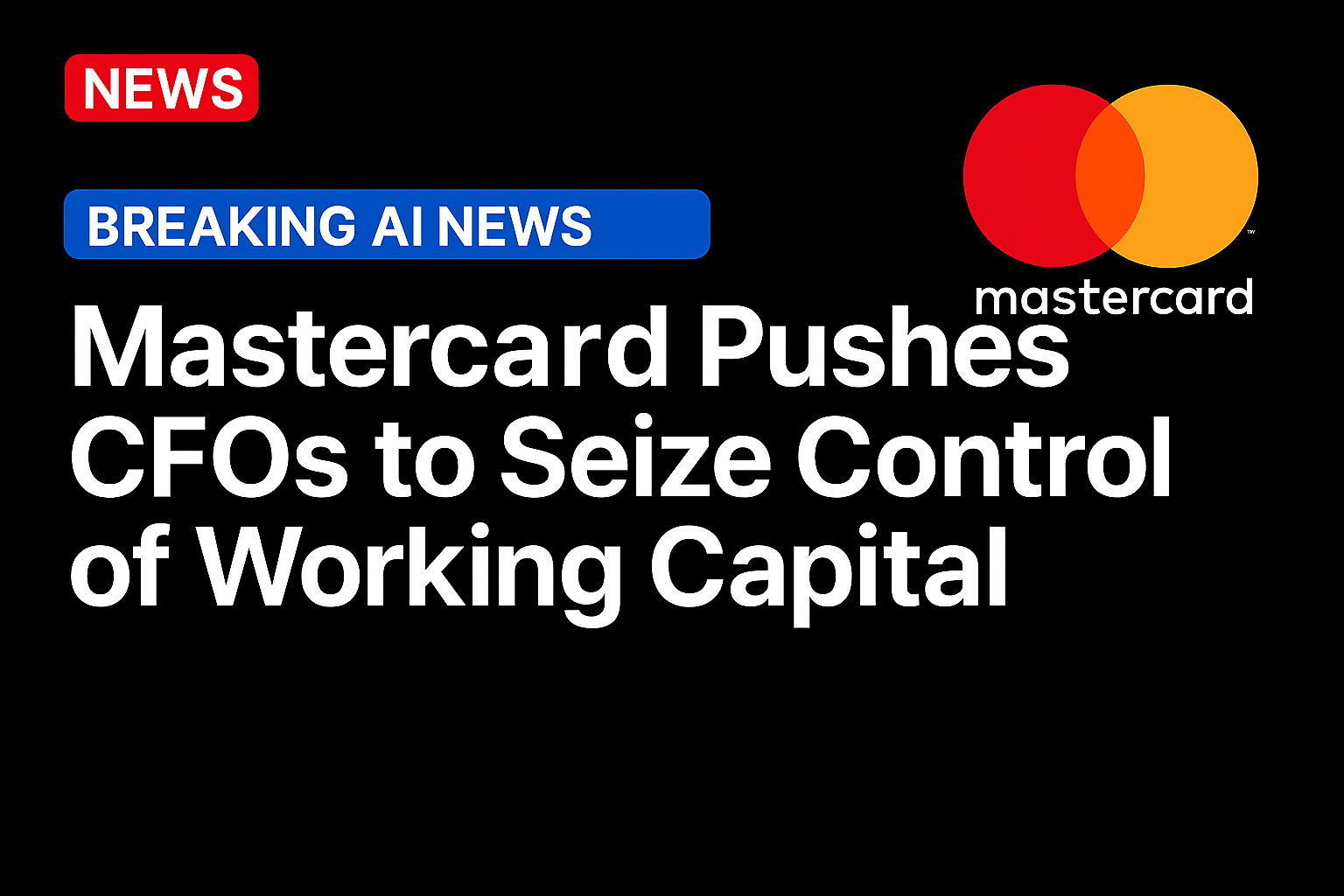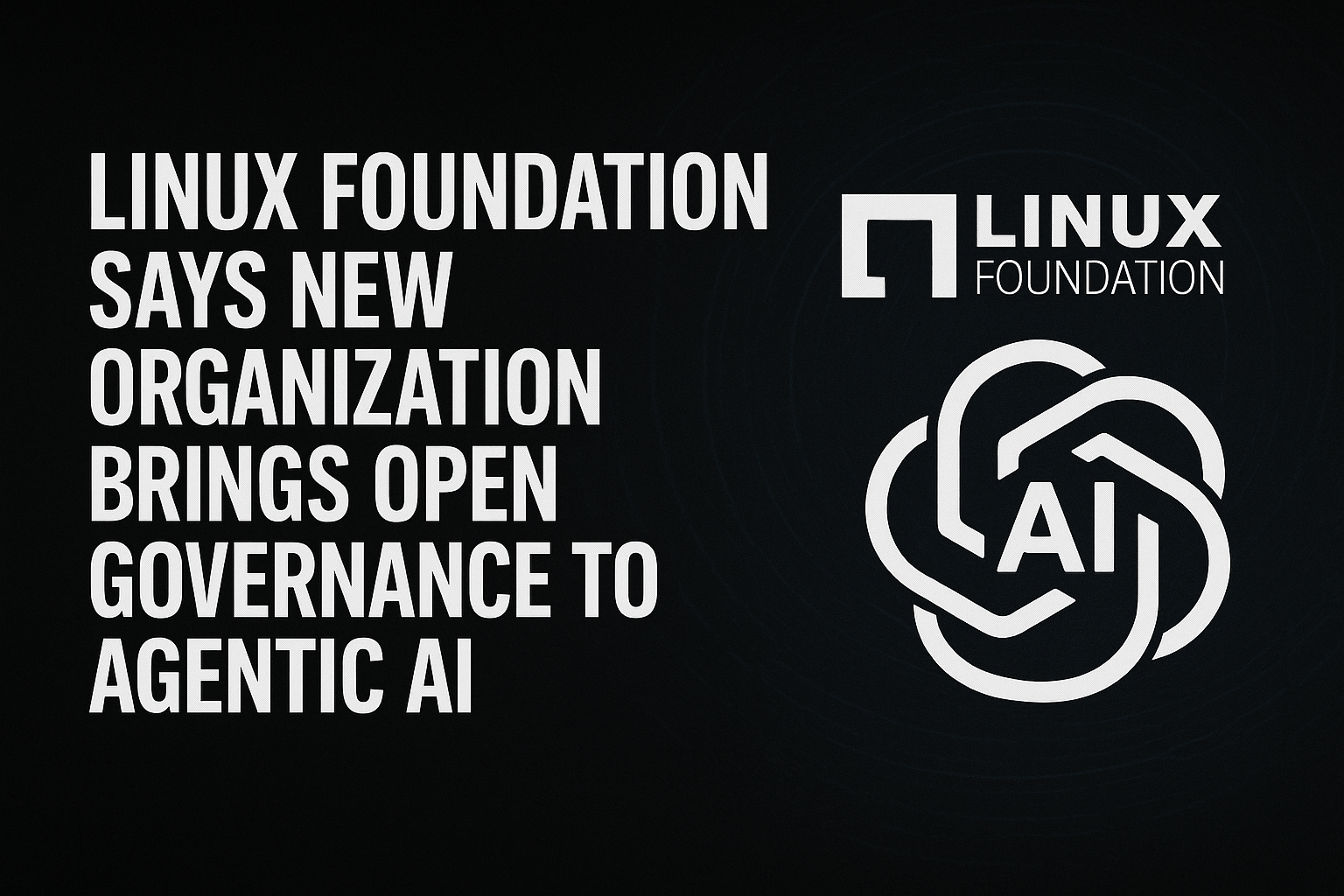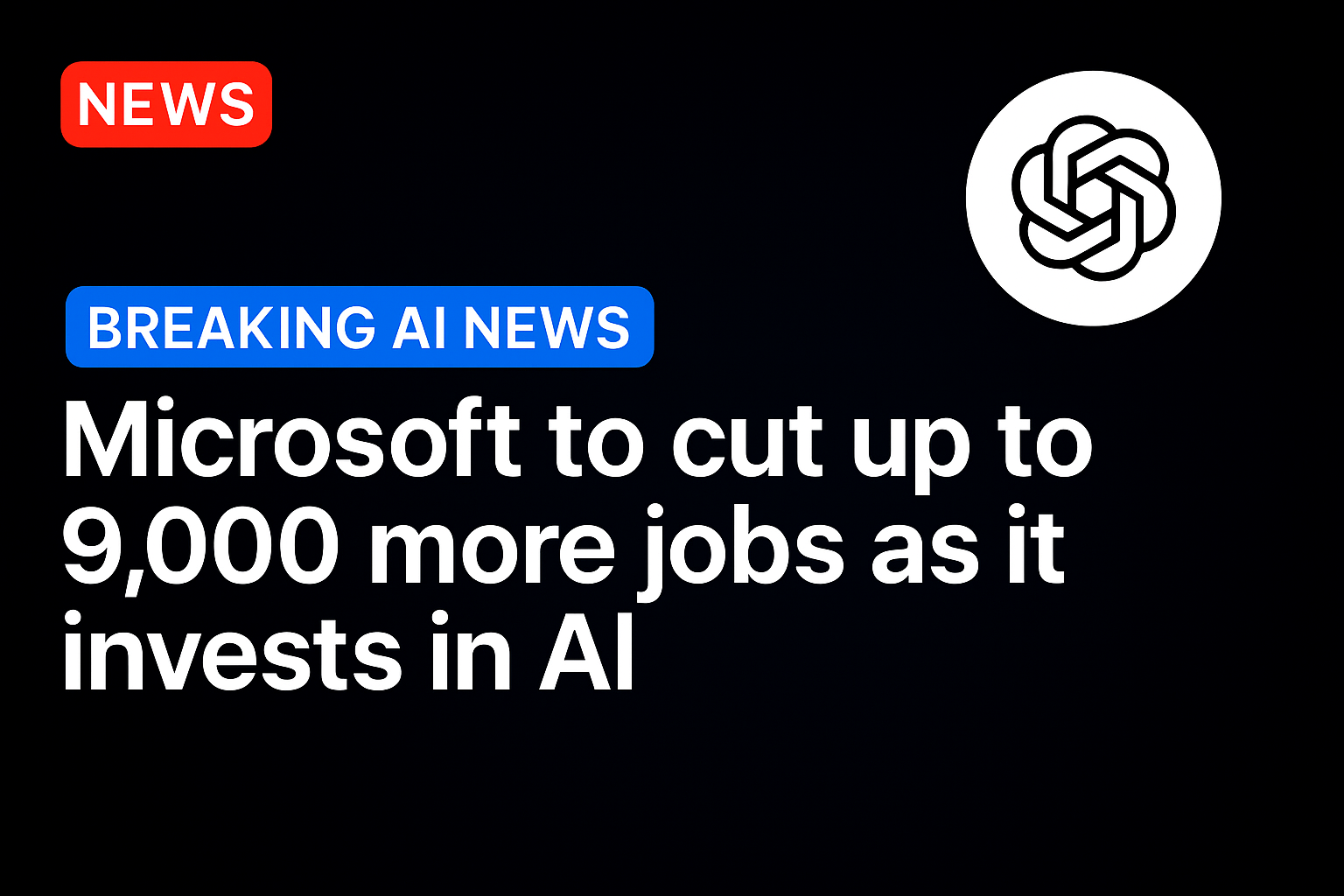The role of the CFO is shifting under macroeconomic volatility, tightening controls and fast-moving technology that touches every operational corner of the enterprise.
Speaking with PYMNTS as part of the “What’s Next in Payments” series, Mastercard EVP of Commercial and New Payment Flows for North America Mike Kresse said the modern CFO can no longer view technology as an isolated domain. Instead the executive must connect data, payments, automation, risk and decisioning to sustain performance and steer corporate strategy.
Across conversations with finance leaders at companies of every size, Kresse said the central concern remains working capital. He said CFOs are seeking “the best ways to manage and make most efficient their days of working capital and really put that to use within their business.”
CFOs, he added, are moving past traditional reporting and using data to interpret pipelines, shipments, collections and accounts payable as early signals of business direction. “Data that sits within the enterprise is really being tapped into now by CFOs to really understand business performance drivers and where there might be red flags ahead,” he said.
A B2B Payments Geek’s View
Kresse, who described himself as “a B2B payments geek” with more than 25 years of experience, said too much of the commercial payment life cycle still moves between system and paper, creating inefficiency, friction and risk.
He detailed how purchase orders, shipping documents, invoices and reconciliation flow across multiple tools, emails and physical documents. He called the process “insanely manual” relative to how consumers operate and said the opportunity now lies in digitizing, enriching and automating B2B data across every step.
The payoff, he said, is control: Automation drives much better control around working capital, giving CFOs visibility into the levers that matter.
Data as an Early-Warning System
Because receivables and payables sit at the core of liquidity, Kresse said CFOs can treat the data from these functions as a real-time indicator of trends and risks. Clean, structured information can surface anomalies and allow action before a surprise becomes a loss. Data enrichment tied directly to payment flows, he added, can reduce fraud risk, confirming that a payment reaches the correct supplier with reliable detail.
CFOs are also absorbing more responsibility for combatting technology-linked threats. Kresse said cyber-risk concerns now extend across companies of any scale, noting that even businesses connected through telecommunications networks or cloud providers may be unaware of missing protection layers.
The CFO, he said, cannot wait for security breaches to dictate controls and must treat cyber risk as a capital and continuity issue.
Choosing the Right Payment Modality Is Now Strategic
Enterprises today operate across checks, cash, ACH, wires, cards, domestic and cross-border transactions. Kresse said this growing mix requires CFOs to select the right modality for each scenario and use data to automate straight-through processing.
He said more enriched data in payment messages enables matching without human intervention, reducing exceptions and supporting scale.
Commercial cards remain central to working capital flexibility. Suppliers can accelerate cash flow by accepting commercial card payments early in the cycle, while buyers can gain up to several extra weeks of liquidity through settlement timing. Kresse said that commercial cards also add value through controls and detailed reconciliation data. He also highlighted virtual cards as a modern alternative that supports tailored controls and can serve both buyers and suppliers. The commercial cards, he said, also serve as “an incredible reconciliation tool because of all the data that comes along with those credit card flows and the controls that you can put in place.”
Embedded Finance Changes the Workbench, Not the Job
According to Kresse, embedded finance means putting payment capabilities directly into the systems that procurement, accounts payable and accounts receivable teams already use. He said embedding payments into existing workflows creates efficiency because payment choices and reconciliation happen inside the familiar interface rather than in a separate tool.
When embedded correctly, he added, it also frees finance professionals from task switching while maintaining the necessary decision controls.
AI Only Works If the Data Is Clean
Artificial intelligence (AI) will be a powerful tool, Kresse said, but the foundation must be governed and accurate. He emphasized the importance of cleaning, classifying and rights-validating data before applying any AI tool.
“I would recommend every CFO gets on ChatGPT and Claude and Perplexity and starts playing with artificial intelligence. … It’ll take a little bit of time, but it’s investment that’s worth making because it demystifies it,” he told PYMNTS.
Kresse said CFOs should view 2025 as a year to learn, test and institute smarter decisioning. Success, he noted, will come from data discipline paired with hands-on experimentation rather than broad technology ambition.
“I think we’re in a really exciting time,” he said, advising CFOs to “understand the data you have, understand how to protect it, and then how to organize it in a way that’s leverageable and start playing with AI in terms of a crawl, walk, run approach … and then start thinking through use cases that you can bring it to bear in your enterprise,” he said.
Source: https://www.pymnts.com/




